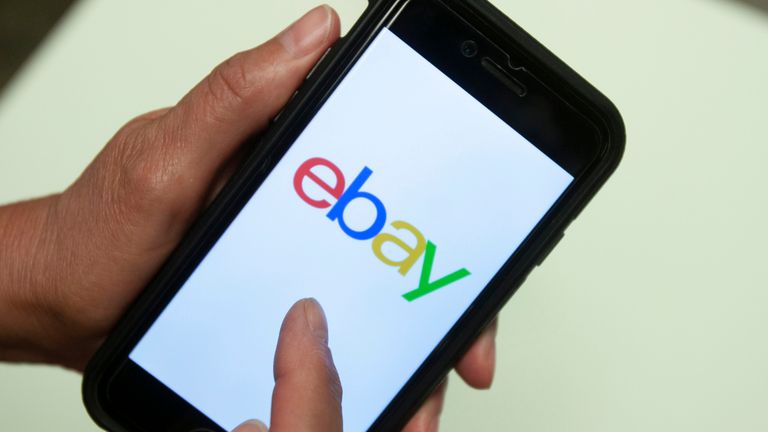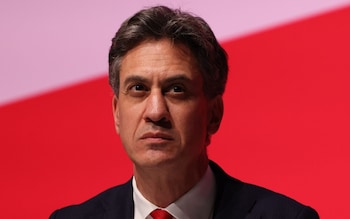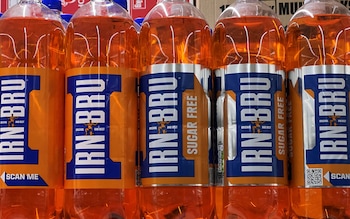
Dyson slashed the dividend it awarded its founder’s holding company last year, reducing the annual payment by 40pc.
Filings in Singapore show Dyson Holdings paid a £700m dividend to Weybourne Holdings, which manages Sir James Dyson’s investments in areas from farming to insurance.
The payment was down from a £1.2bn payout in 2022 and a £1bn dividend in 2021. It came even as the company generated record sales last year.
Despite reporting a £1bn profit for 2023, Dyson recently announced plans to cut 1,000 jobs, almost a third of its UK workforce, after a review of international operations.
Sir James is the UK’s fifth-richest person with a £23bn fortune according to the Sunday Times Rich List.
Weybourne, which is owned by the Dyson family, has taken £5bn in dividends from the gadget empire since 2018.
The £700m payment last year marks the first time that Singapore-headquartered Dyson has reduced the payout in recent years. It had steadily increased dividends in recent years as profits rose and as Sir James diversified his fortune.
Dyson was founded in Britain in 1991 and established an international headquarters in Singapore in 2019. Sir James returned his residency to Britain in 2021.
Last year it recorded revenues of £7.1bn, up from £6.5bn the year before, and a pre-tax profit of £1.1bn, flat on the previous year.
Research and development spending rose from £308m to £474m. Dyson last year announced major investments in battery manufacturing and artificial intelligence research, saying the “next generation” battery cells would be lighter and last longer.
Sir James has invested heavily in UK farming in recent years. Accounts for Dyson Farming, published this weekend, showed that Weybourne invested £29.2m in the company last year to fund a series of land purchases.
Weybourne has also set up Alpinia, an insurance business, while Sir James has invested hundreds of millions in real estate. Weybourne itself does not publish results in Singapore.
Dyson has enjoyed increasing sales of its vacuum cleaners and growing line of haircare devices, although the Dyson Zone, a combination of bluetooth headphones and wearable air-purifier, has seen mixed reviews.
In 2019 it scrapped a plan to build electric cars, saying the project was not commercially viable.
Disclaimer: The copyright of this article belongs to the original author. Reposting this article is solely for the purpose of information dissemination and does not constitute any investment advice. If there is any infringement, please contact us immediately. We will make corrections or deletions as necessary. Thank you.



